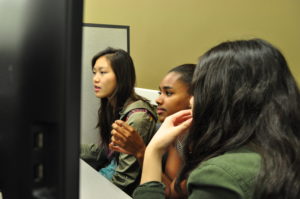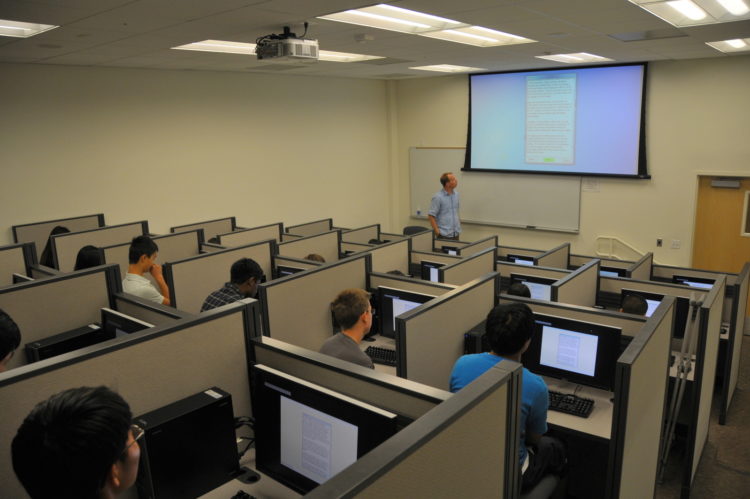Tooled up with experimental economics, researchers can:
- Test the implications of existing economic principles using motivated human subjects interacting in laboratory or field environments.
- Test hypotheses about human behavior in personal social and impersonal market exchange systems.
- Test the predictive power of traditional models of exchange and decision-making, and explore the form and meaning of rationality in new and changing circumstances.
- “Test bed” new market and resource management systems both in the laboratory and in field applications, recognizing that their technical and institutional features must be adapted to different industries and physical environments, and establish better integration between field and experimental studies so that each can inform and enhance the other.

- Study the means whereby the inherent decentralization of information, knowledge and skills can be coordinated for improved performance and human betterment.
- Study what is not, (i.e., arrangements that do not now exist), to better understand those that do exist, and ask ‘if’ and ‘how’ what exists can be made more effective.
- Work to understand both the seen and the unseen elements that affect the behavior of markets and other social systems.
- Engage with those close to real world problems where markets have not previously existed to define the problems needing attention, and design and test-bed solutions before the solutions are implemented to help avoid or reduce costly mistakes.
- Build electronic exchange mechanisms,( i.e., rule systems) for markets in industries such as electric power, water supply and transportation networks, financial instruments and resource management within firms.
- Seek more effective decision or property right arrangements within working systems, such as the internet and other forms of shared goods and services.

